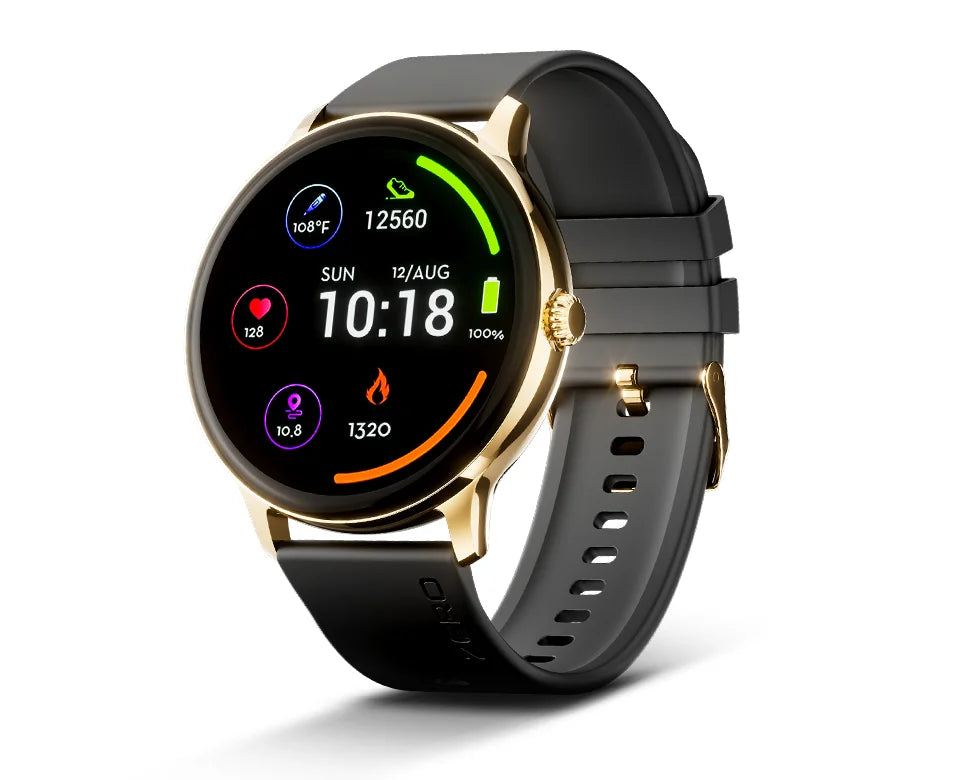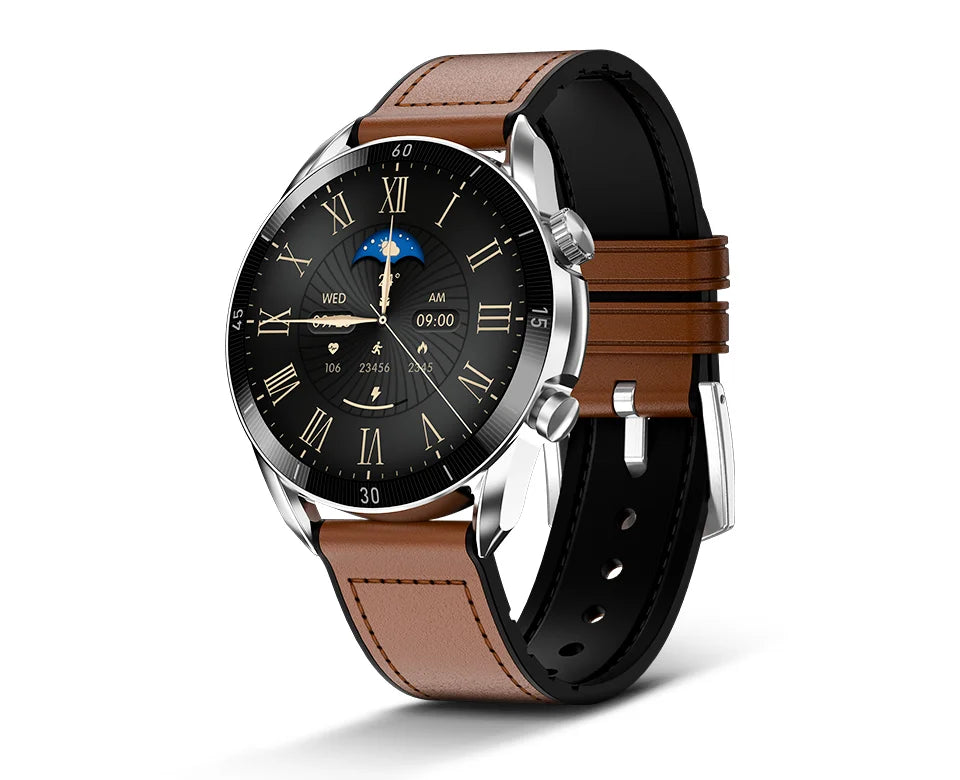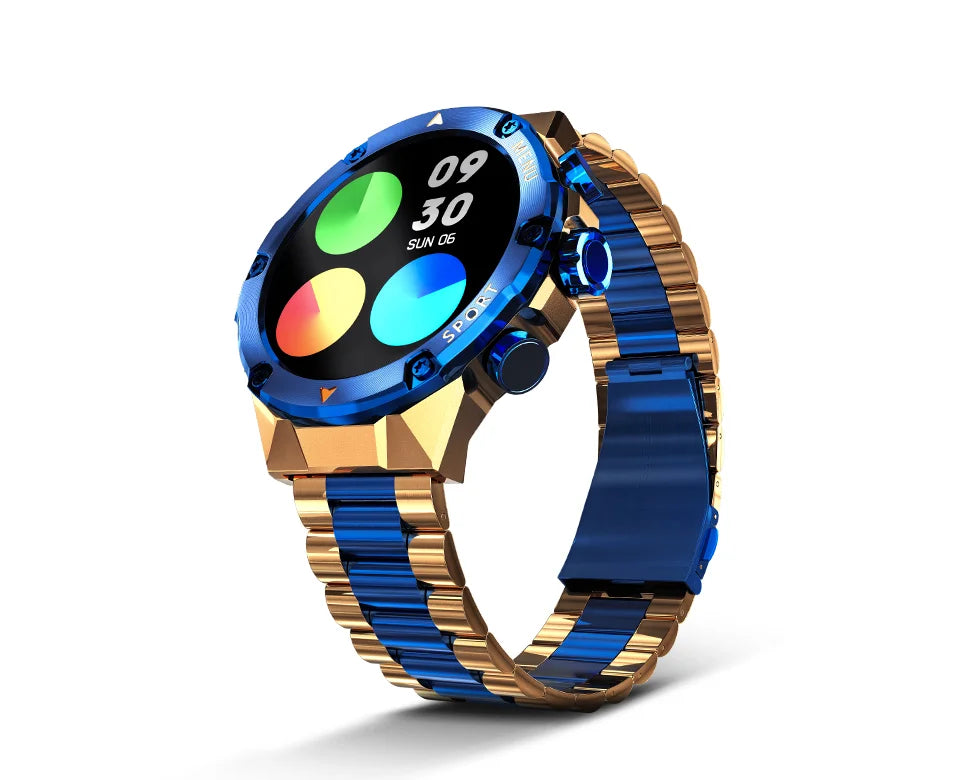When selecting a smartwatch, the choice of material is not just about aesthetics—it impacts the device's durability and longevity. Stainless steel, often used in premium smartwatches, is renowned for its durability. But is it the best option for you?
The Advantages of Stainless Steel in Smartwatches
-
Corrosion Resistance:
Stainless steel’s resistance to rust and tarnish is unmatched. This is crucial for devices exposed to sweat, moisture, and various weather conditions regularly. Such durability ensures that the smartwatch maintains its pristine appearance over time, a significant advantage for any investment in wearable tech. -
Robustness:
Stainless steel’s strength is a key selling point. It withstands impacts and scratches far better than softer metals like aluminum or everyday materials like plastic. For the adventurous or clumsy, this means worrying less about damage from everyday mishaps. -
Aesthetic Versatility:
Stainless steel’s sleek, shiny finish appeals to those with a keen eye for style. Whether polished to a mirror finish or brushed for a subtle gleam, it offers a high-end look that complements both everyday and formal wear. Plus, it holds its luster, keeping the smartwatch looking new longer. -
Skin-Friendly:
For those with sensitive skin, stainless steel is a blessing. It’s typically hypoallergenic, avoiding the skin irritation often caused by nickel alloys found in cheaper materials.
Considerations for Stainless Steel Smartwatches
Weight:
It’s worth noting that stainless steel is heavier than materials like aluminum. This might be a downside for those who prefer their wearables light, especially during intense physical activities.
Cost:
Quality comes at a price. Stainless steel smartwatches generally carry a higher price tag due to the material's superior qualities and more complex manufacturing processes.
Real-World Durability
In practical terms, stainless steel smartwatches are adept at handling the wear and tear of daily activities. Whether you’re hitting the gym, hiking up a trail, or just doing some gardening, a stainless steel watch is likely to come through with fewer signs of wear compared to other materials.
Long-Term Value
Opting for stainless steel could be seen as an investment. Its ability to withstand physical and environmental stressors means it could last longer than alternatives, maintaining both functionality and appearance.
Conclusion
The durability of stainless steel makes it an excellent choice for smartwatches, favored by those who value a blend of style, robustness, and hypoallergenic properties. While it may be heavier and costlier than other materials, the long-term benefits—resistance to damage and enduring appeal—often justify the investment for many users. This makes stainless steel a preferred material in the construction of high-quality smartwatches, combining practicality with luxury.

















